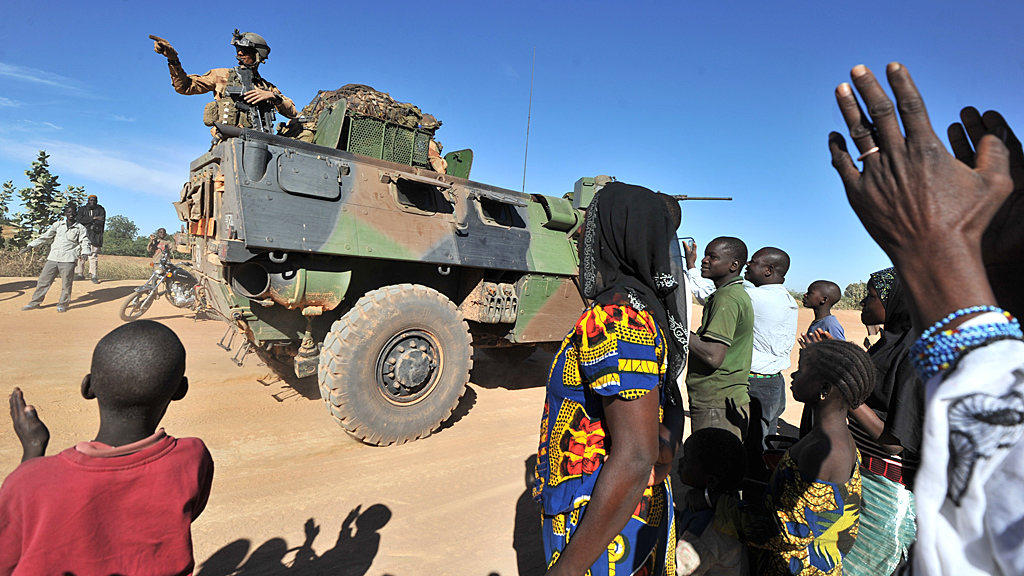UK may increase support for French in Mali
UK support for the French-led military operation in Mali could be cranked up after David Cameron’s vow to show “iron resolve” in tackling Islamist terrorism in the wake of the Algerian hostage crisis.
The prime minister will chair a meeting of the National Security Council to consider what additional surveillance and transport help can be provided to the assault on rebels in the neighbouring country, on top of two RAF C17 transport aircraft despatched last week.
Though Britain was “not seeking a combat role”, he insisted yesterday, reports have emerged that units from all three services had been placed on “high readiness” to deploy.
The stepping up of involvement was under review the day after the PM heralded what he said was a global “generational struggle” against al-Qaeda-inspired Islamist terrorism in north Africa.
He pledged to provide intelligence and counter-terrorism assets to help track down and dismantle the terror network responsible for last week’s attack on an Algerian natural gas plant.

UK forensics fly to Algeria
Six Britons are thought to be among 37 foreign workers who died at the remote desert facility at In Amenas – part-operated by BP – which was overrun by heavily armed terrorists.
Some 29 of the hostage-takers died, while three were captured by Algerian troops during a special forces mission to end the four-day stand off.
Three of the Britons killed have been named as 46-year-old security expert Paul Morgan, systems supervisor Garry Barlow, 49, from Liverpool, and 59-year-old planning manager Kenneth Whiteside, from Glenrothes, Fife.
Colombian BP executive Carlos Estrada, who lived in London, is also believed to have died.
Forensic experts from the UK, US and Norway are working with the Algerian authorities to formally identify a number of bodies found at the site, thought to include the three further Britons. Mr Cameron cautioned that task could take “some time”.
British support for Mali
On Mali, he also confirmed, Britain will provide troops to an EU mission to train the Malian military to take on Islamist militants who have taken over the north of the country.
The mission, due to deploy in February or March, is expected to include around 250 trainers and 250 force protection troops, and Mr Cameron said that the British contribution would number “in the tens, not the hundreds”, with aides saying it would be at the lower end of that range.
The Times reported that army, navy and RAF personnel had been readied for possible involvement in the French operation and that military chiefs had been given until the end of the week to draw up contingency plans for African operations – including training – codenamed Operation Newcombe.
Planning does not include British personnel in a ground combat role. Ministry of Defence
An MoD spokesperson said: “The MoD is supporting French efforts through logistical support. Ministers will continue to review the situation and any requirement for further support.
“However, planning does not include British personnel in a ground combat role.”
The prime minister defended deep cuts in the armed forces, with details of where the latest tranche of cuts may fall being outlined by forces chiefs today.
Medics could be among around 5,000 voluntary and compulsory redundancies this time, as part of the effort to slash total numbers by around 40,000 to 82,000.
The MoD said it was retaining an exemption for troops preparing to serve in Afghanistan.